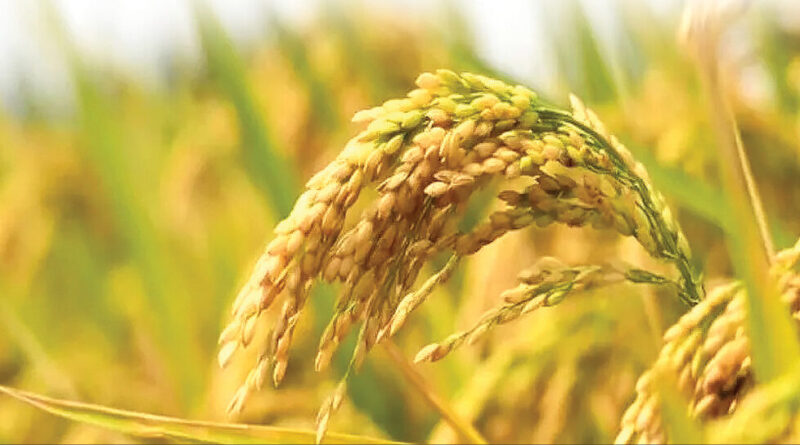75,135 machines available this winter to manage paddy straw, Punjab tells NGT
By Nikhil Ghanekar
For paddy straw management on 35.43 lakh hectares in Punjab this winter, 75,135 machines of different varieties are available, the Punjab Pollution Control Board submitted before the National Green Tribunal’s (NGT) principal bench.
According to the Punjab government, an estimated 19.52 million tonnes of paddy straw is likely to be generated during the harvest season this winter. Of this, 12.7 million tonnes would be managed in-situ or in fields. The state aims to use 5.96 million tonnes of straw in power plants, gas plants and boilers.
“To increase the paddy straw utilisation through ex-situ management during the current year 2024-25, the department has allocated the target of 1,000 balers and 1,000 rakes to be given to farmers,” the Punjab government’s status report said.
The report was filed after the NGT’s July order in a suo motu case which sought information on the type and number of machines to be provided to farmers for paddy straw management. Among the 75,135 machines, the state government said, are super seeder, surface seeder, smart seeder, RMB plough and zero till drill.
Machines are provided by the state government at subsidised rates to farmers during the paddy harvest season to prevent stubble burning. Lakhs of hectares of paddy straw is set on fire annually in Punjab, Haryana, Delhi and Uttar Pradesh, jacking up air pollution across North India and the Indo-Gangetic plains.
In 2023-24, 11.5 million tonnes of paddy straw was managed in-situ or on-site using 13,179 machines provided on subsidy. Of that, 3.66 million tonnes was managed off-site by sending the straw to industrial boilers, biomass power plants, compressed biogas plants, bio-ethanol plants, thermal power plants and as fodder.
Between 2018-19 and 2023-24, the state government said, it had provided 70,954 machines to individual farmers, 46,109 to farmer groups, panchayats, farmers producer organisations, and 13,788 to primary agriculture cooperative societies.
According to the state government’s submission, the Crop Residue Management Scheme has been implemented since 2018-19 and individual farmers are provided a 50% subsidy for buying straw management machinery.
Farmer groups, panchayats, cooperative societies and farmer producer organisations for establishment of custom hiring centres get an 80% subsidy.
On NGT queries regarding the role of local bodies in implementing straw management, the government’s submission stated that the Rural Development and Panchayat department is entrusted with creating awareness among farmers and ensuring use of machines in villages with the help of panchayats.
This article has been republished from The Indian Express.

